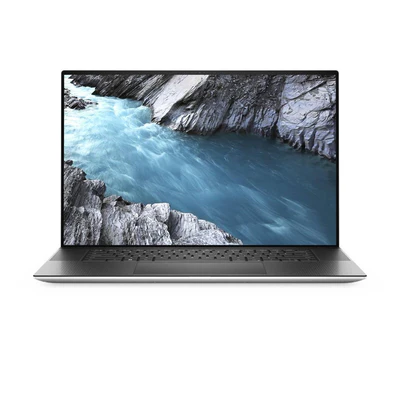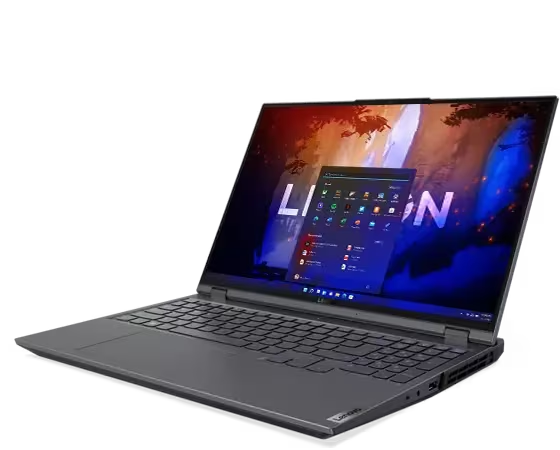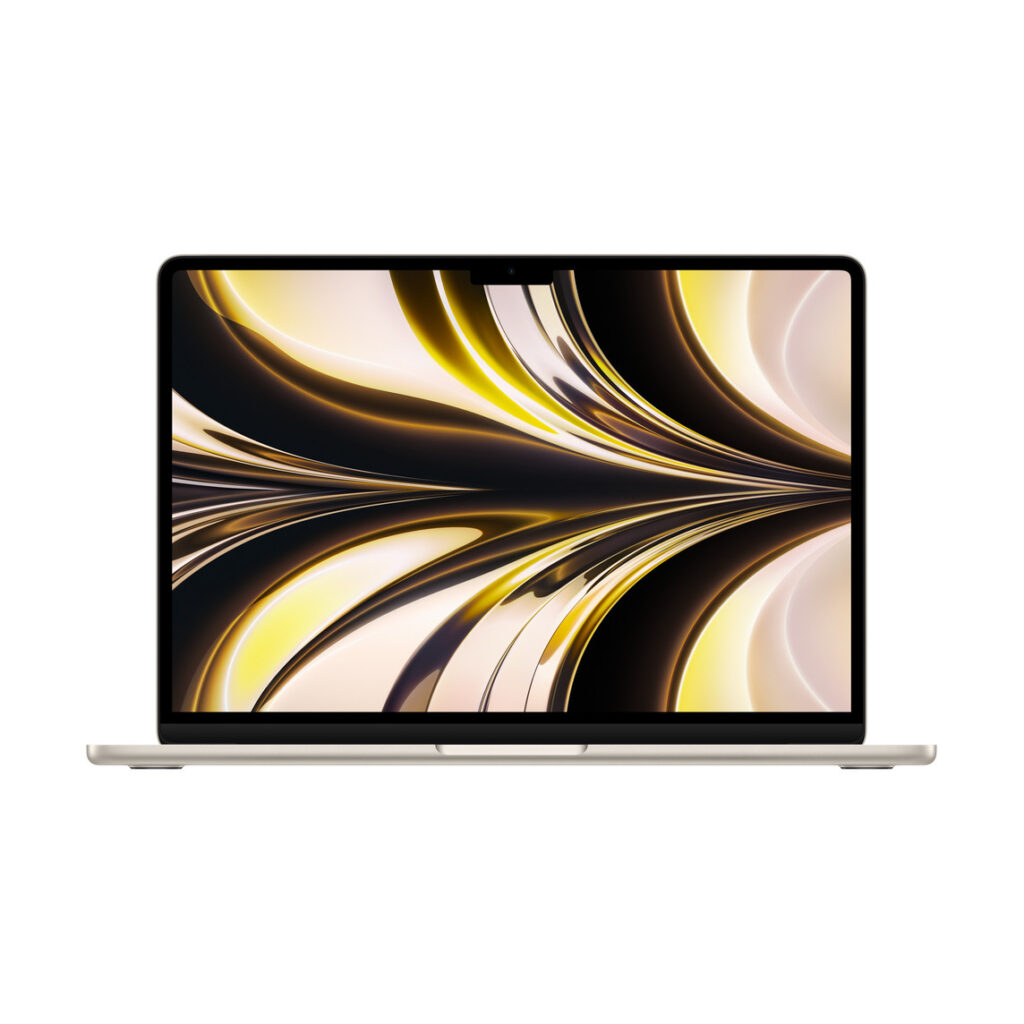The realm of Data Science and Machine Learning (ML) is constantly evolving, demanding ever-increasing processing power from the tools we use. In 2024, data scientists and ML engineers have a plethora of powerful laptops at their disposal. Choosing the right one hinges on factors like processing muscle, memory capacity, display quality, and portability. This article explores the top contenders in the data science and ML laptop arena for 2024.
Essential Hardware for Data Science and Machine Learning.
Before diving into specific models, let’s establish the crucial hardware aspects for data science and ML workflows:
Processor (CPU): The central processing unit is the brain of the laptop, handling complex calculations and data manipulation. Opt for high-core-count CPUs (ideally 8 cores or more) from brands like Intel (12th or 13th Gen Core i7/i9) or AMD (Ryzen 7/9). Graphics Processing Unit (GPU): Deep learning, a subfield of ML, heavily relies on GPUs for accelerated performance. Nvidia GeForce RTX 30 series or AMD Radeon RX 6000 series GPUs are ideal for parallel processing capabilities. Memory (RAM): RAM acts as the laptop’s short-term memory. For data science and ML, 16GB of RAM is a minimum requirement, with 32GB or more recommended for handling massive datasets and complex models. Storage: Solid-state drives (SSDs) are essential for fast loading times and data access. Opt for an SSD with at least 512GB of storage, with 1TB or more preferred for extensive data storage needs.
Here’s a breakdown of some of the best laptops for advanced data science and ML tasks in 2024, catering to different needs and budgets:
Apple MacBook Pro (M3 Pro/M3 Max): Apple’s powerhouse MacBook Pro continues to impress with its custom-designed M-series chips. The M3 Pro and M3 Max variants offer exceptional performance, boasting high core counts (both CPU and GPU) and efficient memory management. The sleek design and MacOS’s stability further enhance the user experience. However, the hefty price tag and limited upgradeability might deter some.

- Processor: Apple M3 Pro/Max chip (high core counts for CPU and GPU)
- Memory: Up to 64GB RAM
- Storage: Up to 8TB SSD
- Display: High-resolution Retina display
Dell XPS 17 (12th Gen Intel Core i7/Nvidia GeForce RTX 3060): This 17-inch behemoth from Dell is a productivity powerhouse. The latest Intel processors and powerful Nvidia GPUs provide the muscle for demanding workloads. The stunning 4K display offers ample workspace for data visualization and intricate coding tasks. While not the most portable option, the XPS 17 is a desktop replacement for those who prioritize a large screen and top-tier performance.

- Processor: 12th Gen Intel Core i7
- Graphics: Nvidia GeForce RTX 3060 GPU
- Memory: Up to 64GB RAM
- Storage: Up to 8TB SSD
- Display: 17-inch 4K UHD+ display
Lenovo Legion Pro 5i (AMD Ryzen 7/Nvidia GeForce RTX 3060): This gaming laptop from Lenovo is a value champion for data science and ML enthusiasts. It packs a punch with AMD’s Ryzen processors and Nvidia’s RTX GPUs, delivering excellent performance at a more budget-friendly price point compared to some competitors. The high refresh rate display provides a smooth user experience, making it suitable for both work and occasional gaming.

- Processor: AMD Ryzen 7 processor
- Graphics: Nvidia GeForce RTX 3060 GPU
- Memory: Up to 32GB RAM
- Storage: Up to 2TB SSD
- Display: 16-inch QHD+ display with high refresh rate.
Apple MacBook Air (M2): If portability is paramount, the Apple MacBook Air with the M2 chip is a compelling option. While not as powerful as the M3 Pro/Max variants, the M2 chip offers significant performance improvements over previous generations. It’s a great choice for data scientists who need a lightweight and portable machine for everyday tasks and light to moderate ML workloads.

- Processor: Apple M2 chip
- Memory: Up to 24GB RAM
- Storage: Up to 2TB SSD
- Display: Retina display (various resolutions available)
Lenovo ThinkPad X1 Carbon Gen 11 (Intel Core i7/Integrated Graphics): The ThinkPad X1 Carbon Gen 11 strikes a balance between portability and performance. This business-oriented laptop boasts a lightweight yet durable design, making it ideal for data scientists on the go. While it lacks a dedicated GPU, the integrated graphics suffice for basic data manipulation and coding tasks. The excellent keyboard and long battery life further enhance its appeal.
- Processor: Intel Core i7 processor
- Graphics: Integrated graphics
- Memory: Up to 16GB RAM
- Storage: Up to 2TB SSD
- Display: 14-inch QHD+ display
Beyond the Hardware: Other Considerations
While hardware reigns supreme, other factors contribute to a data scientist’s workflow:
Display: High-resolution displays (QHD or 4K) with excellent color accuracy are beneficial for data visualization tasks. Consider your budget and portability needs when making a choice. Keyboard: Data scientists spend a significant amount of time typing code. A comfortable and well-designed keyboard is crucial for maximizing productivity. Battery Life: If you frequently work on the move, prioritize laptops with long battery life to avoid frequent scrambling for outlets.
Operating System: Both Windows and macOS offer robust ecosystems for data science and ML. Windows provides more flexibility for hardware upgrades and software compatibility. However, macOS boasts a user-friendly interface and excellent software integration for Apple products. Ultimately, the choice depends on personal preference and existing software workflows. Software Compatibility: Ensure the laptop you choose supports the data science and ML software you plan to use. Popular options include Python, R, TensorFlow, PyTorch, and scikit-learn. Check software vendor websites for compatibility information. Upgradability: While some laptops offer upgrade options like RAM and storage, others have soldered components limiting future customization. Consider your long-term needs when choosing a machine.
Software Compatibility: It’s essential to ensure that the laptop you select supports the data science and ML software you intend to use. Commonly used programs include Python, R, TensorFlow, PyTorch, and scikit-learn. Check the websites of software vendors for compatibility information.
Upgradability: While some laptops allow for upgrades such as RAM and storage, others have soldered components that limit future customization. It’s important to consider your long-term needs when selecting a machine.”
